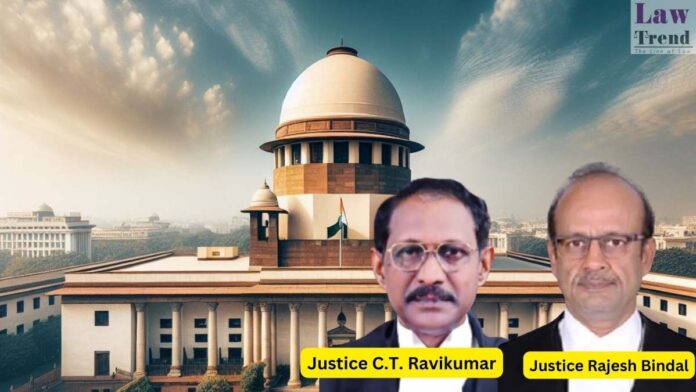The Supreme Court of India has once again underscored the need for judicial prudence in matrimonial disputes, cautioning against the over-implication of distant relatives in such cases. In a significant judgment delivered in Criminal Appeals arising from SLP (Crl.) Nos. 3995 of 2022 and 13579 of 2023, the court quashed an FIR filed against distant
To Read More Please Subscribe to VIP Membership for Unlimited Access to All the Articles, Download Available Copies of Judgments/Order, Acess to Central/State Bare Acts, Advertisement Free Content, Access to More than 4000 Legal Drafts( Readymade Editable Formats of Suits, Petitions, Writs, Legal Notices, Divorce Petitions, 138 Notices, Bail Applications etc.) in Hindi and English.




